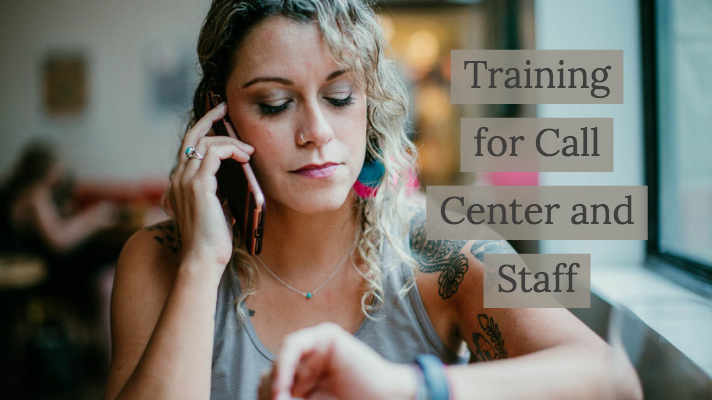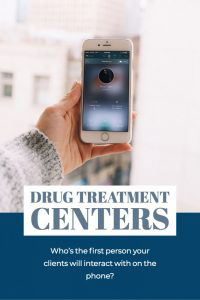Drug Rehab Staff Training
Drug Rehab Staff Training
Training Services for Call and Chat Staff
Improperly or untrained admission call and chat agents lose 75% of potential intakes to your competitors. When one call can be worth $75,000 to your treatment center, you want the “best of the best” taking your calls or chats. You don’t want someone who has several job duties. You want an employee laser-focused on getting EVERY caller into your substance abuse treatment center.
There are Intense Requirements for Treatment Admissions Calls


Individualized Drug Rehab-Focused Training
Our co-founder, Bruce Berman, has given hundreds of seminars on sales training and sold over 1,000,000 sales and marketing CDs. Since 2014, he has exclusively focused on treatment center admissions. He has developed an admission training, management, and supervision program for substance abuse treatment centers.
Our training program is 14 to 90 days, depending on each treatment center’s needs. We analyze each call to extract essential data to increase conversions. We discuss each incoming call with the person that took the call. This trains them and assists in getting additional clients in the door during training. Our training pays for itself many times over in increased admissions.